Why you may already be living in a smart city
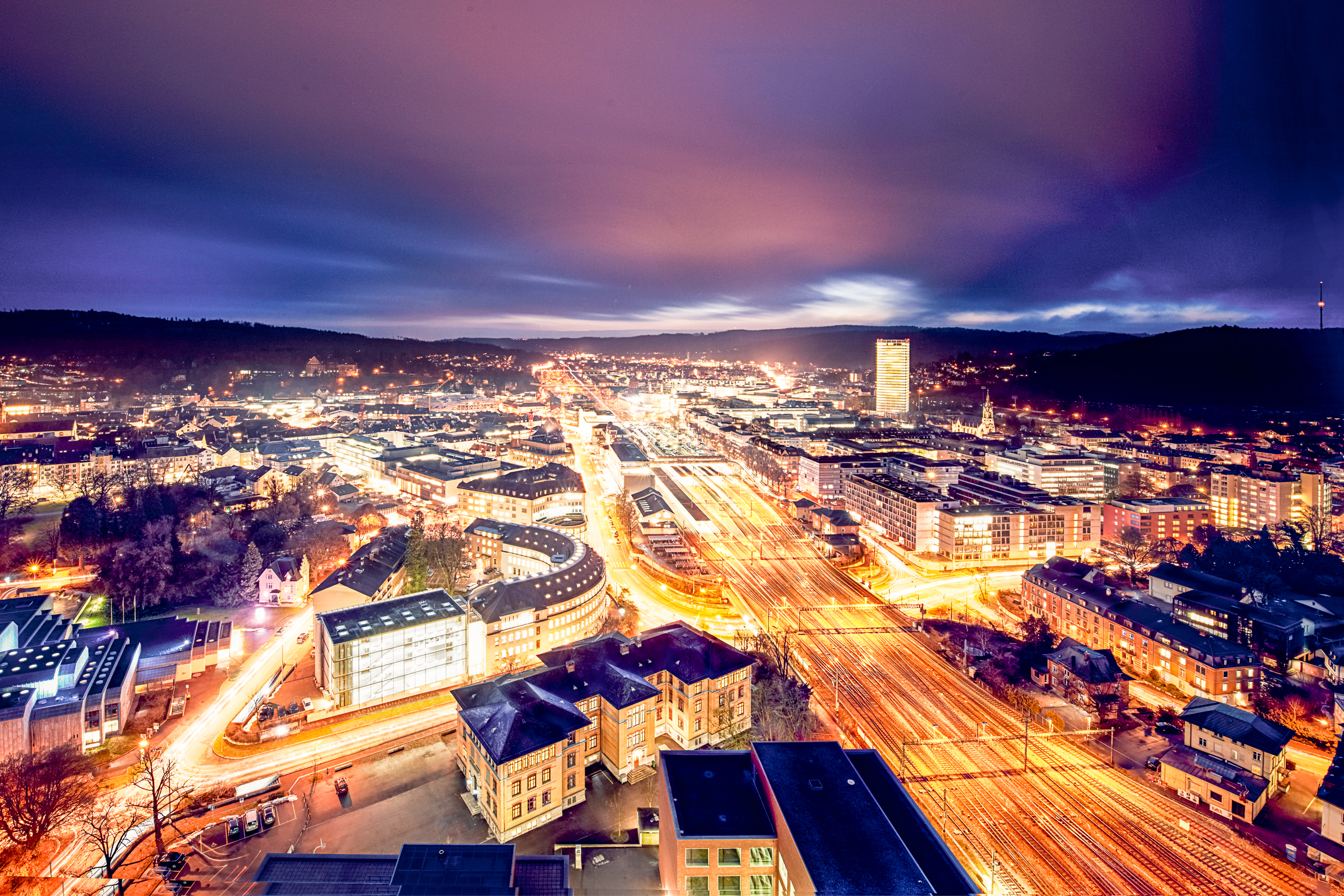
Broken streetlamp? Report it via an app. Disease attacking trees in the city forest? Send a drone to check for damage. Too many delivery trucks jamming up the downtown area? Build a last-mile logistics hub with bikes and e-vehicles.
The idea of cities using technology to improve the lives of residents is gaining global momentum, with cities like Barcelona, Copenhagen and Singapore featuring high in smart city rankings. There’s Zurich and Geneva in Switzerland, and more modest towns like Winterthur, too.
Being smart is all about sustainability for Winterthur, a town about a half-hour train ride north of Zurich.
As the IMD Smart City IndexExternal link puts it, smart cities “embed some of the highest hopes of mankind through the promise of harnessing technology for better lives and social harmony; for some, however, they could incarnate the fears of ‘controlled lives’ in some kind of panopticons governed by artificial intelligence and automated devices”.
According to its 2019 ranking, the Top 10 smartest cities are: Singapore (1st), Zurich (2nd), Oslo (3rd), Geneva (4th), Copenhagen (5th), Auckland (6th), Taipei City (7th), Helsinki (8th), Bilbao (9th) and Dusseldorf (10th). The report examined 102 cities.
With support from the Swiss Federal Office of Energy, Winterthur analyzed its patterns of energy use. Reducing consumption is a key goal of the town of about 115,000 inhabitants.
“We developed an app which gives feedback to households so they can track and reduce their consumption,” explains Vicente Carabias, head of Winterthur’s smart city unit and professor at the Zurich University of Applied Sciences (ZHAW). In a pilot phase of the Social Power Project, participating households saw their energy use drop by more than 8%. “Now we’re entering the second phase, where we’re in kind of a competition with other cities as well.”
Green lights
Winterthur was also the setting for this year’s Swiss Green Economy Symposium (SGES2020External link). Smart Cities was the focus at the event, held at the beginning of September.
In the Netherlands, the partner country of SGES2020, the Amsterdam Logistic Cityhub wants to streamline and decarbonize the flow of goods into the city centre by 2022. One idea is to replace delivery vans with e-boats to take advantage of the city’s extensive waterways.
The Dutch city of ‘s-Hertogenbosch, aka Den Bosch, wants to become a future-proof cycling city thanks to apps tested by children and seniors.
Using data means cyclists never have to stop at a red light, says Den Bosch Mayor Jack Mikkers, referring to an app that tells traffic signals when cyclists are approaching. Winterthur also hopes to improve its infrastructure with the help of an app that records the movements of cyclists and pedestrians, yet anonymizes their personal data.
Keeping tabs
Monitoring pedestrian traffic in real-time – and using the data to visualize human density during the coronavirus pandemic – is something Dutch firm Argaleo has experience with. As company owner Jeroen Steenbakkers explains, the firm works with anonymized data to make it impossible to track who’s who.
Another concept for gathering data at street level is a “smartbox” mounted on the roof of a vehicle and engineered to record information on things like air quality, light pollution and building efficiency.
“You could use a garbage truck that drives down every street,” points out Jean-Pierre Morelli, head of business development at ENGIE Services, which specializes in low-carbon energy solutions and has been collaborating with the Lucerne University of Applied Sciences on the smartbox concept.
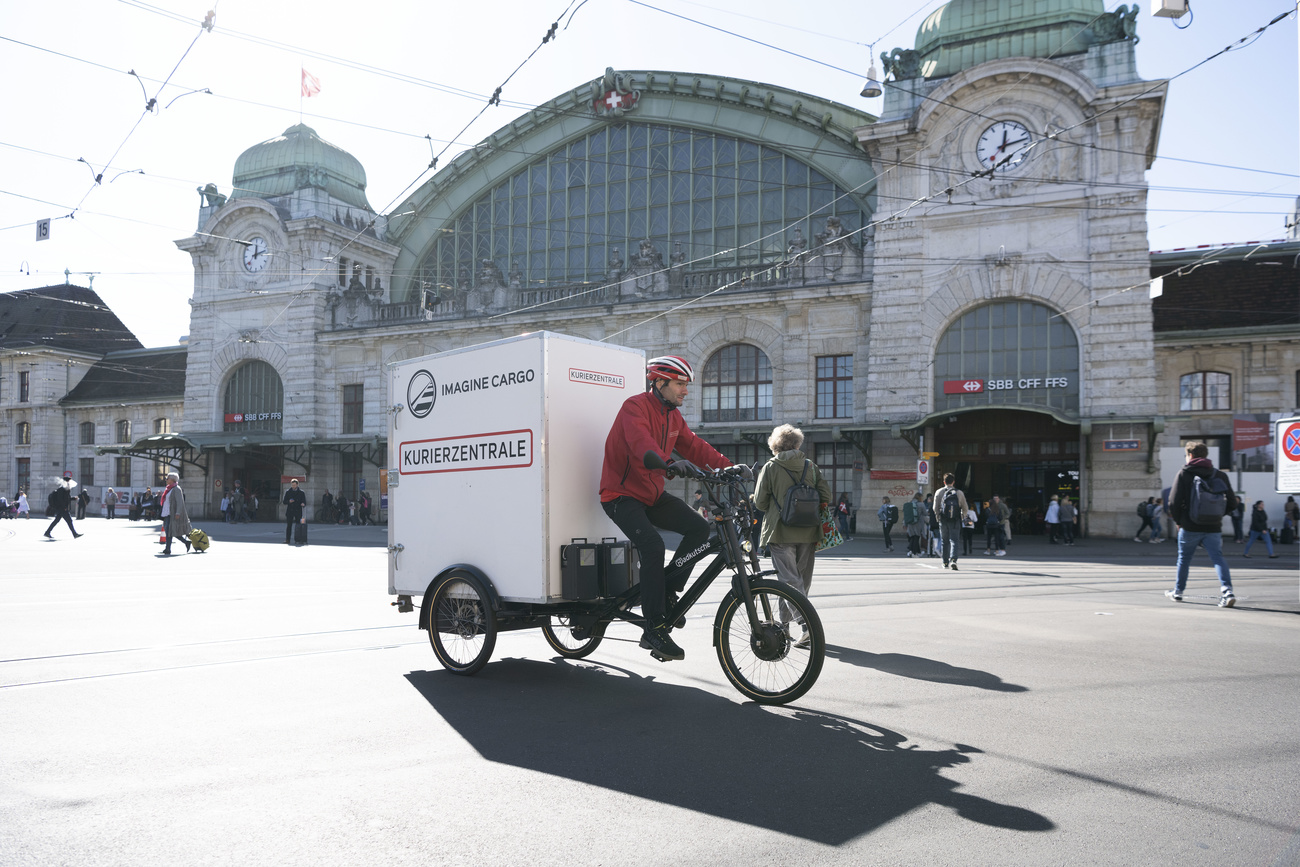
Measuring intelligence
“I think all cities are becoming smart. Clearly, nobody wants to be a dumb city,” quips Mikkers, noting that Den Bosch is proud of its first data university, the Jheronimus [Bosch] Academy of Data Science.
One way for cities to see how they measure up is rankings, and these are inspiring, finds Carabias. “Competition always helps you to be more innovative. If your city is behind another, you can look at the other cities to see what they’re doing better. Could you adopt some of their activities or measures?” he asks.
This year, nearly half of Swiss cities took part in the first-ever Swiss Smart City SurveyExternal link, and of those, 46% were willing to have their results evaluated individually. They can also find like-minded peers in the Smart City Hub Switzerland AssociationExternal link. Founded in 2018, it now has 13 municipal members as well as Swiss Post, Swiss Federal Railways and Swisscom. Another group is the SmartCity AllianceExternal link, which has over 50 business members.
However, the rankings tend to focus on big cities, which generally have more resources to develop strategies. So as part of his master’s thesis at ZHAW, Philipp Arnold decided to create an index that would be helpful for small- and medium-size towns. He based it on the areas defined in the smart city wheel by American urban and climate strategist Boyd Cohen: economy, environment, government, living, mobility and people.
“The goal is for cities to be able to see how far their peers are in a given area – so that maybe they can even visit and ask them how they got there,” explains Arnold, who won an award for his work at the SGES2020.
A sense of competition can also be a stumbling block, believes Daniel Krebs, head of sustainability at Swiss consulting firm Bluehub. “There’s a fair amount of ego when there should be collaboration. I think we could achieve more if municipalities cooperated more,” finds Krebs, suggesting that government regulations are needed to help achieve smart city goals.
Urs Meuli of the Swiss energy office says it should be more about voluntary action than government regulations. But he notes that by 2030, “the goal is to get all cities onboard” the national program that supports municipal efforts to get smart and also find their way into the “2,000-Watt Society” – a concept developed by Swiss federal technology institute ETH in Zurich. The idea is for everyone to limit their energy consumption to 2,000 watts per year, the world average. The Swiss average is currently three times higher.
Sustainable cities and communities are one of the United Nations’ 17 Sustainable Development GoalsExternal link.
Cities occupy just 3% of the Earth’s land but account for 60-80% of energy consumption and at least 70% of carbon emissions, reports the UN Development Programme. It notes that the rapid growth of cities — a result of rising populations and increasing migration — has led to a boom in mega-cities, especially in the developing world, and slums are becoming a more significant feature of urban life.
“Making cities sustainable means creating career and business opportunities, safe and affordable housing, and building resilient societies and economies. It involves investment in public transport, creating green public spaces, and improving urban planning and management in participatory and inclusive ways,” writes the UNDP.
Time is now
With crises such as climate change and Covid-19, many would agree that it’s high time cities got smart.
In keeping with the 2015 Paris Agreement, numerous countries including Switzerland have set themselves the target of net zero emissions by 2050. In the meantime, the Swiss government wants to halve the nation’s greenhouse gas emissions by 2030 – as outlined by the federal CO2 law.
However, the Alpine nation is already behind schedule. The federal environment office has reported that Switzerland will probably fail to meet its 2020 goal of cutting emissions down by 20% from what they were in 1990.
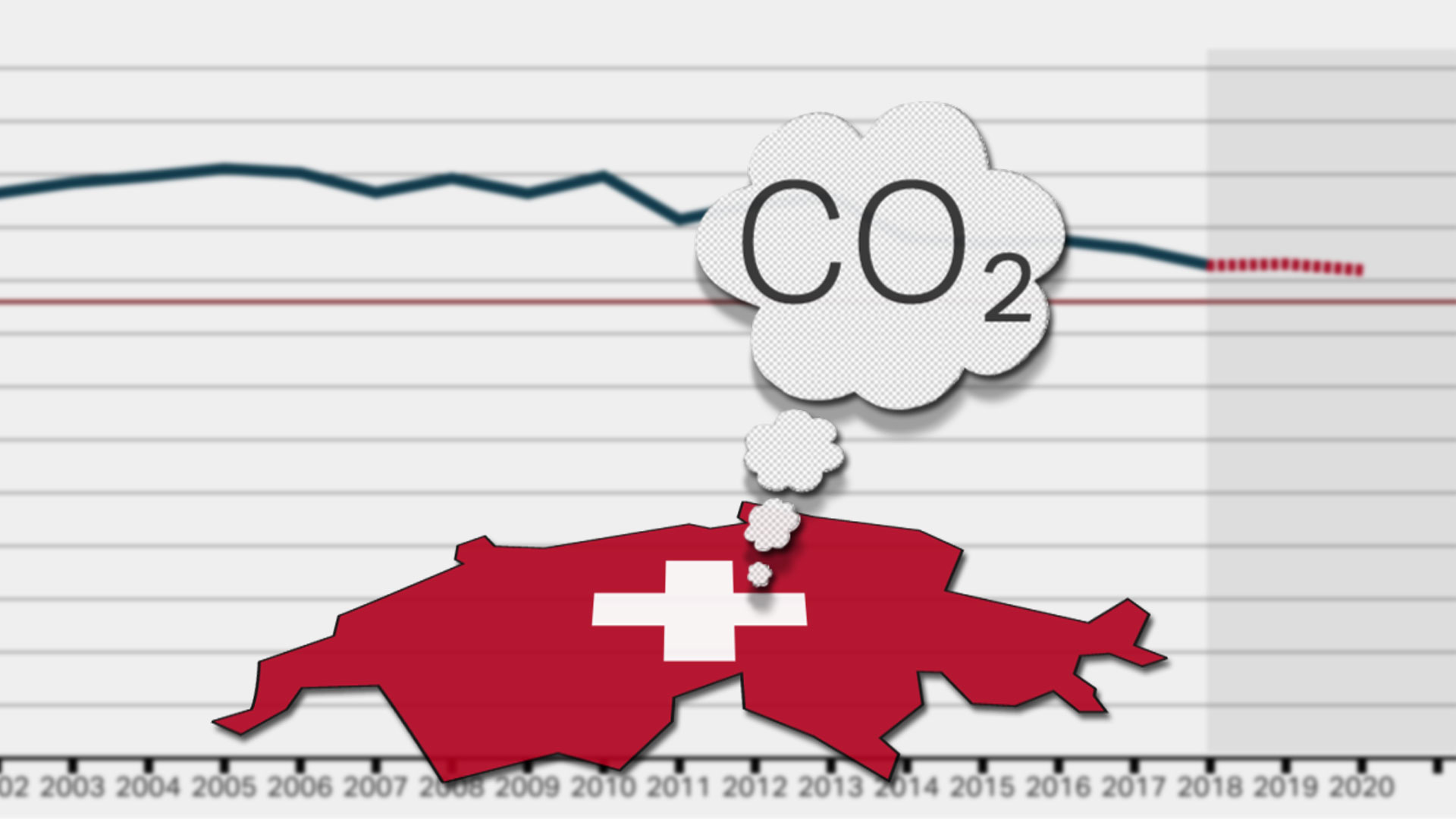
More
Switzerland misses the greenhouse gasses target
Wherever countries and cities may be on their journey to becoming smarter and more sustainable, Dutch Ambassador to Switzerland Hedda Samson highlights the importance of sharing best practices and dilemmas: “We need a green recovery. This is a once in a lifetime chance and we have to build back better.”
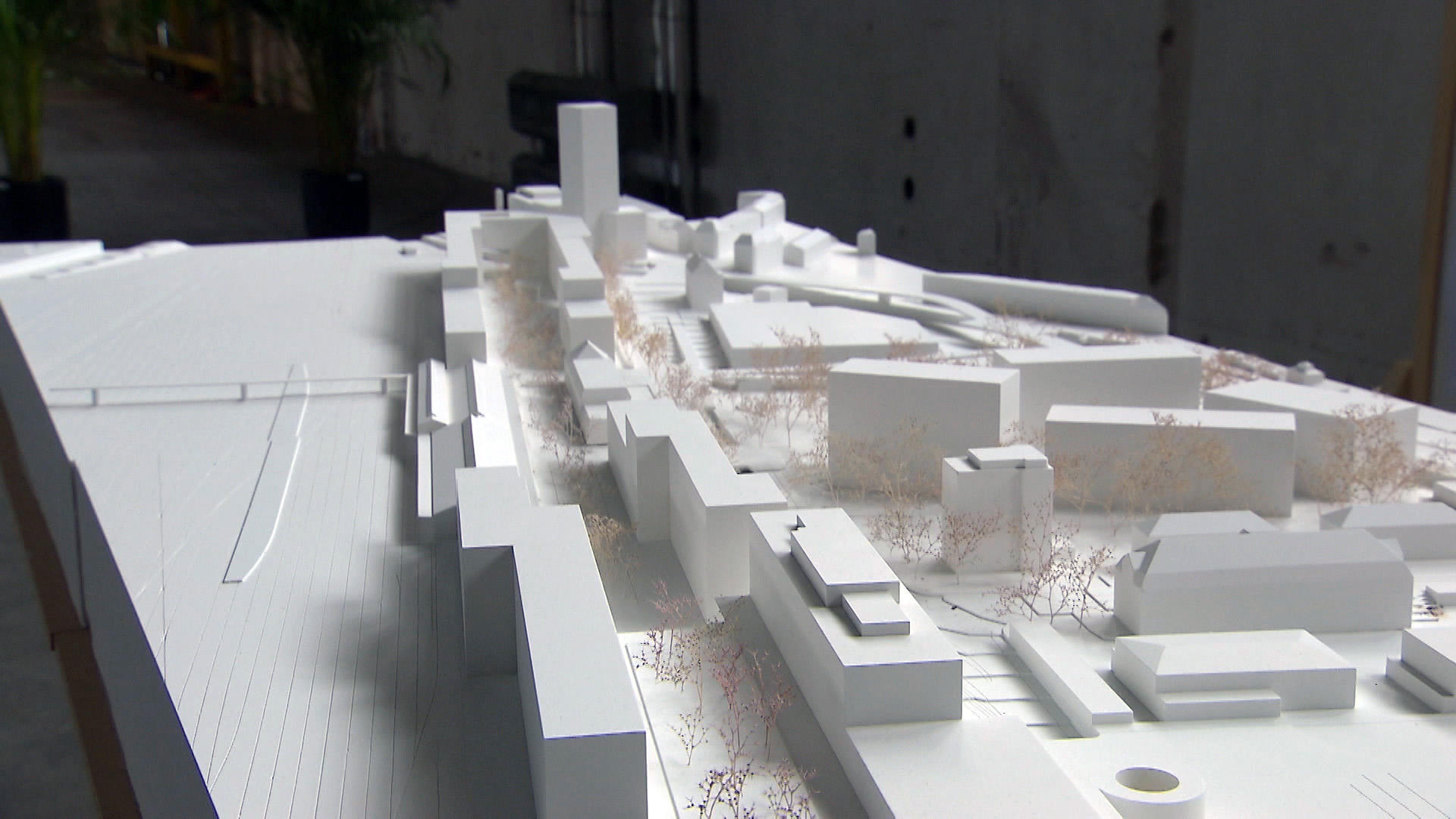
More
Basel industrial area to become a “smart city”

In compliance with the JTI standards
More: SWI swissinfo.ch certified by the Journalism Trust Initiative










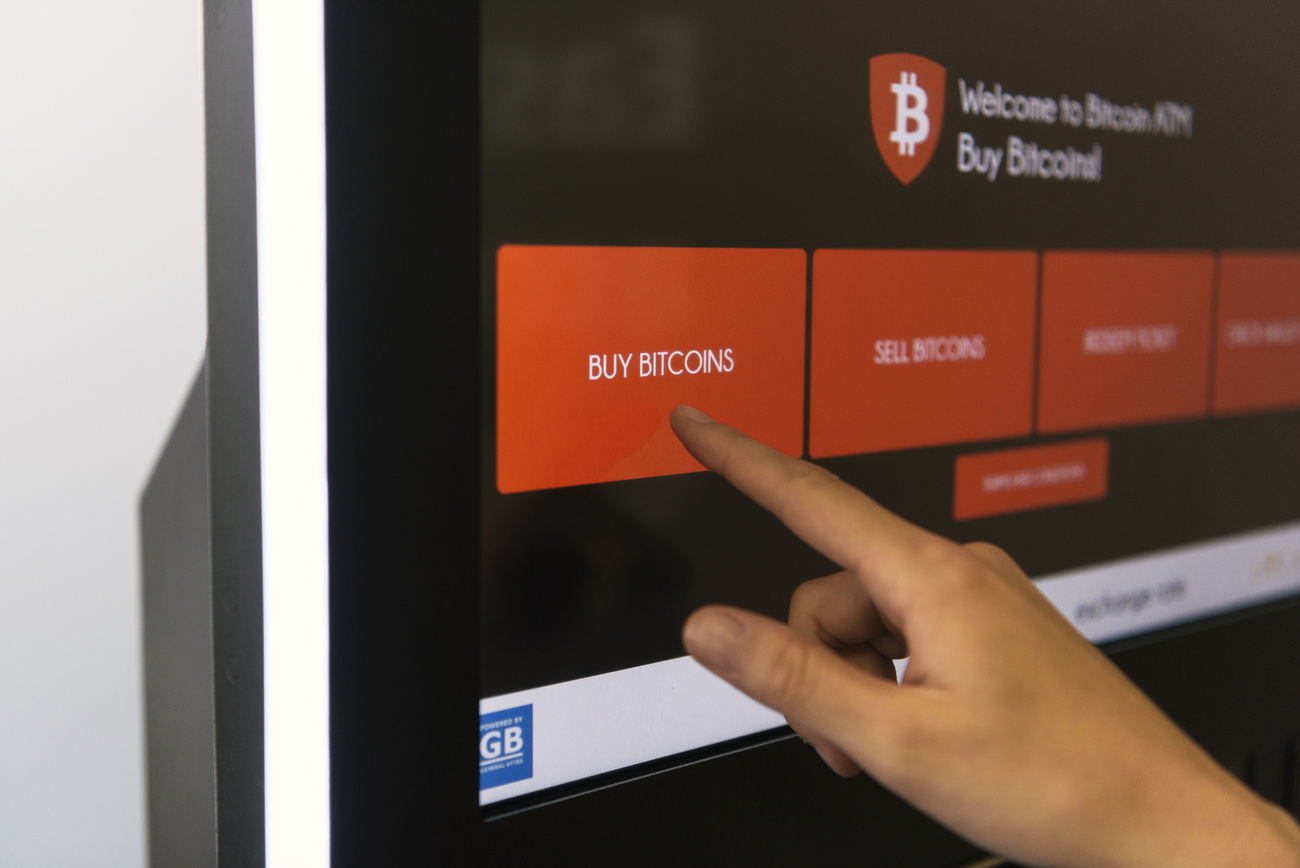
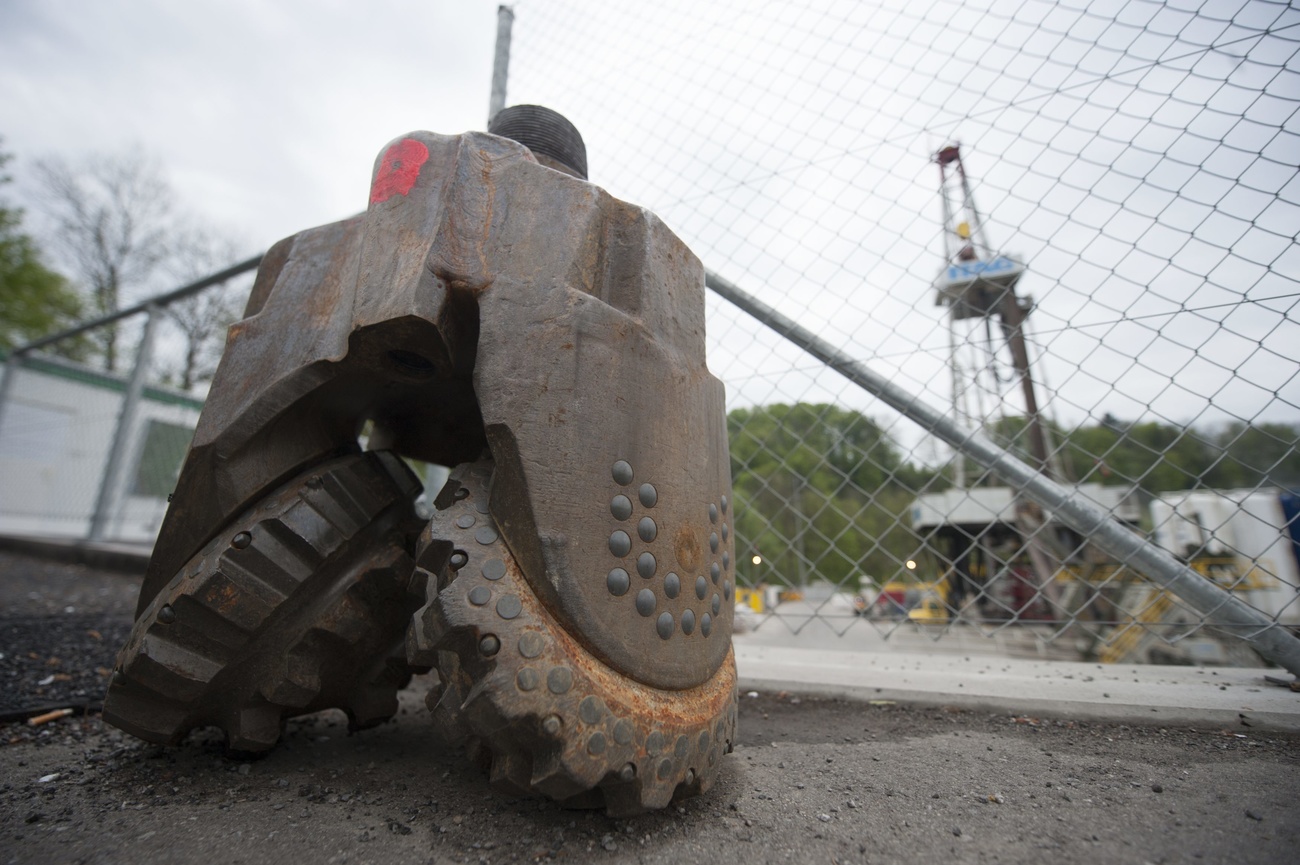


Join the conversation!